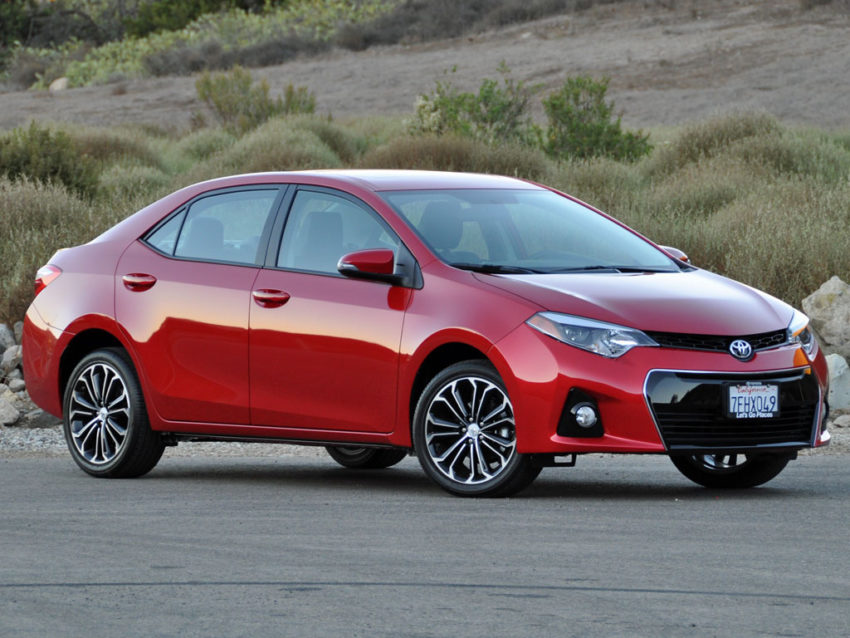If you’re a business proprietor, you are most likely looking for each and every opportunity to make or save more money. There are various methods for you to do that, and one of them is by firmly taking benefit of the IRS 2017 optional standard mileage rates. You might use these rates for calculating the deductible costs of business vehicles that you will be operating for medical, charitable, or moving purposes. Visit: https://2tinker.com/
Before you keep up with standardized mileage rates, consider three simple questions:
Is your small business up-to-date on bookkeeping?
Does your business track the miles for all of its vehicles?
Does your business track which vehicles it uses for every single job?
If you answered yes to the aforementioned questions, then you should probably get into the habit of mileage tracking. Keeping records of your company’s vehicles could help you save money in the long term when tax season comes around.
Interested now? Well, if you have decided that you would like to start out tracking your miles, you need to know how you will do it. In the event that you plan to track everything manually, you’ll need the next information for your vehicles:
If you already track your company’s gas expenses, repair and maintenance costs, and registration, then your following probably will not connect with you. Below is information regarding standard mileage rates for the 2017 year.
Parking and toll expenses are 100% deductible if you are driving for business purposes only.
The table below summarizes the standard mileage rates for employees, self-employed individuals, or other taxpayers. You should use these for computing the deductible costs of operating an automobile for business, charitable, medical, or moving expenses, particularly if you are a real estate investor and a contractor in the construction industry.
In the event that you forget to record your journey, don’t despair. Some vehicles have interactive mileage calculators that will help you retrieve information on trips you forgot to record. You can even enter the details of the places you travelled to and from on a online route planner and it’ll be able to provide you with the mileage for the journey involved. It is advisable to try and enter the habit of recording your trips as soon as they happen so you don’t forget to include these to your mileage log.
Conclusion
Keeping a precise mileage log can seem to be just like a laborious task but the amount of tax deduction or payment that you’ll get back is an excellent reason that you should keep doing it. Once you have established a routine that works for you, keeping a mileage record gets easier.
